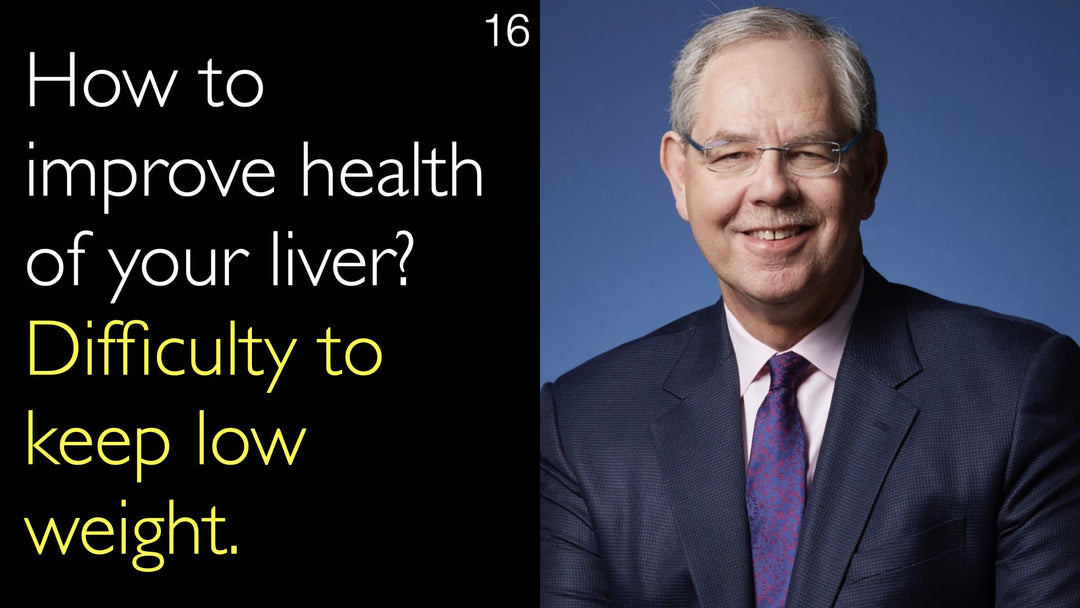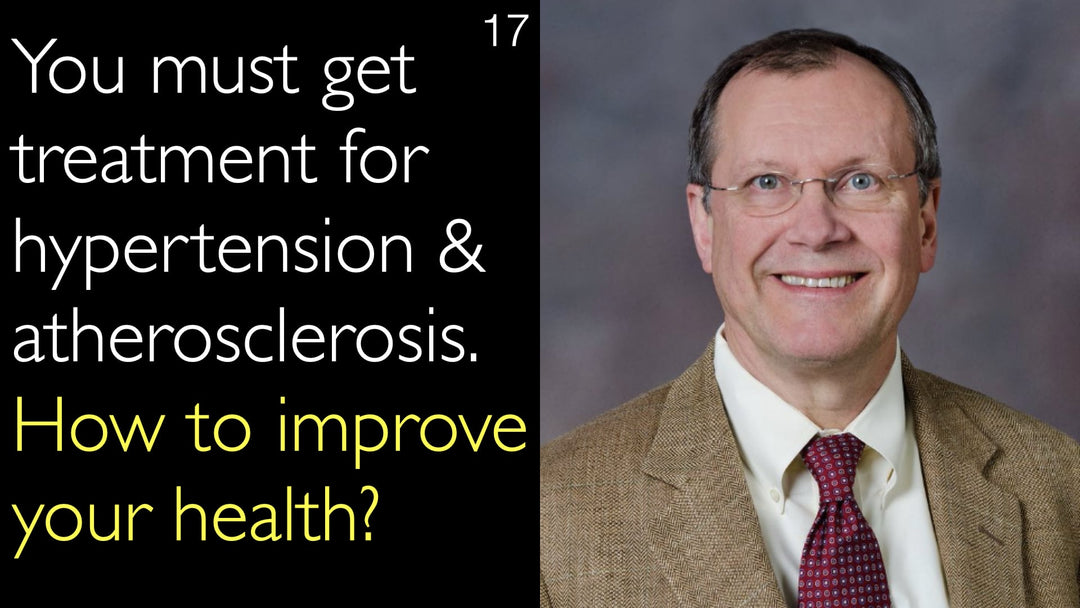Mesoteliooman hoidon johtava asiantuntija, lääketieteen tohtori Dean Fennell, selittää potilaille kliinisten tutkimusten ratkaisevan tärkeyden. Hän vastaa potilaiden yleisiin kysymyksiin ennusteesta ja eloonjäämisestä. Tohtori Fennell kuvailee yksityiskohtaisesti, miten molekyylinen kasvainsekvensointi tarjoaa arvokasta tietoa. Hän korostaa, että potilaan on itse aktiivisesti tiedusteltava kliinisten tutkimusten saatavuutta. Uusiin hoitomuotoihin pääsy tutkimusten kautta voi merkittävästi pidentää mesotelioomasta selviytymistä.
Mesoteliooman kliiniset tutkimukset: Selviytymisen ja uusien hoitomuotojen saavutettavuuden parantaminen
Hyppää osioon
- Yleisimmät potilaskysymykset mesotelioomasta
- Ennuste ja selviytymisodotukset
- Molekyylisen kasvainsekvensoinnin hyödyt
- Kliinisten tutkimusten merkitys
- Iso-Britannian kliinisten tutkimusten rekrytointimäärät
- Potilaan aloittamat hoitokeskustelut
- Täysi transkriptio
Yleisimmät potilaskysymykset mesotelioomasta
Tohtori Dean Fennell tunnistaa tyypillisimmät kysymykset, joita mesotelioomapotilaat esittävät onkologeilleen. Potilaat haluavat yleensä tietää ennusteestaan ja saatavilla olevista hoitovaihtoehdoista. Nämä kysymykset heijastavat perustavanlaatuisia huolia selviytymisestä ja elämänlaadusta. Tohtori Fennell myöntää, että näihin tunnepitoisiin kysymyksiin on vaikea antaa lopullisia vastauksia.
Ennuste ja selviytymisodotukset
Mesoteliooman ennuste vaihtelee suuresti potilaiden välillä, vaikka diagnoosit olisivatkin samankaltaisia. Tohtori Dean Fennell selittää, että jotkut potilaat selviytyvät odotettua paremmin useiden tekijöiden ansiosta. Kliinisiin tutkimuksiin osallistuminen johtaa usein parempiin hoitotuloksiin ja pidempään eloonjäämiseen. Nykyiset vakiintuneet hoidot tarjoavat tyypillisesti noin kuuden kuukauden selviytymisedun. Tohtori Fennell korostaa, että vaikka mesotelioomaa ei voida parantaa, useat hoidot voivat stabiloida taudin. Tämä auttaa potilaita ylläpitämään elämänlaatua pidempään.
Molekyylisen kasvainsekvensoinnin hyödyt
Molekyyliprofilaatio tarjoaa ratkaisevan tärkeää tietoa mesoteliooman hoidon suunnittelua varten. Tohtori Dean Fennell käsittelee, miten kasvainsekvensointi auttaa tunnistamaan spesifisiä geneettisiä mutaatioita. Näihin kuuluvat BAP-1- ja CDKN2A-mutaatiot, jotka vaikuttavat hoitovasteeseen. Immunohistokemia tarjoaa usein riittävän proteiinitason tiedon kliinistä päätöksentekoa varten. Molekyylitieto auttaa onkologeja antamaan tarkempaa ennustetietoa potilaille. Tämä personoitu lähestymistapa edustaa mesoteliooman hoidon optimoinnin tulevaisuutta.
Kliinisten tutkimusten merkitys
Kliinisiin tutkimuksiin pääsy on kriittinen mahdollisuus mesotelioomapotilaille. Tohtori Dean Fennell korostaa, että potilaiden tulisi proaktiivisesti tiedustella saatavilla olevista tutkimuksista. Kaikki lääkärit eivät ole mukana kliinisessä tutkimuksessa, mikä tekee potilaan aloitteellisuudesta välttämätöntä. Erikoistuneiden huippuyksiköiden löytäminen voi tarjota pääsyn innovatiivisiin hoitoihin. Kliiniset tutkimukset tarjoavat potilaille mahdollisuuden hyötyä uusista syöpälääkkeistä ennen niiden laajaa saatavuutta. Tohtori Anton Titov korostaa, että tämä proaktiivinen lähestymistapa pätee useisiin sairausalueisiin.
Iso-Britannian kliinisten tutkimusten rekrytointimäärät
Yhdistynyt kuningaskunta osoittaa poikkeuksellisen korkeat rekrytointimäärät mesoteliooman kliinisissä tutkimuksissa. Tohtori Dean Fennell huomauttaa, että noin 80 % potilaista tulee hänen välittömän toimialueensa ulkopuolelta. Tämä lähetemalli mahdollistaa nopean tutkimuksen päättämisen, joskus jopa vuoden etuajassa. Kunnossa olevat potilaat ilman toissijaisia pahanlaatuisia kasvaimia ovat tyypillisesti kelvollisia kliinisiin tutkimuksiin. Iso-Britannian tehokas lähetejärjestelmä nopeuttaa vastausten saamista kliinisistä tutkimuksista. Tämä malli hyödyttää sekä nykyisiä potilaita että tulevan mesoteliooman hoidon kehitystä.
Potilaan aloittamat hoitokeskustelut
Potilaan osallistuminen vaikuttaa merkittävästi mesoteliooman hoidon tuloksiin. Tohtori Dean Fennell kannustaa potilaita tutkimaan saatavilla olevia kliinisiä tutkimuksia itsenäisesti. Perheenjäsenillä on usein ratkaiseva rooli hoitomahdollisuuksien tunnistamisessa. Potilaiden tulisi erityisesti tiedustella lääkäreiltään lähellä olevia kliinisen tutkimuksen vaihtoehtoja. Vaikka paikallisia tutkimuksia ei olisi saatavilla, kysymys käynnistää tärkeitä keskusteluja hoitovaihtoehdoista. Tohtori Anton Titov vahvistaa, että useat eri erikoisalojen asiantuntijat korostavat tätä proaktiivista potilaslähestymistapaa.
Täysi transkriptio
Tohtori Anton Titov: Professori Fennell, olet maailmankuulu mesoteliooman hoidon asiantuntija. Mitkä ovat kolme yleisintä kysymystä, joita mesotelioomapotilaat esittävät sinulle? Ja mitkä ovat tärkeimmät kysymykset, joita potilaat eivät kysy, mutta mielestäsi heidän pitäisi?
Tohtori Dean Fennell: No, toinen on melko vaikea. Minun täytyy miettiä sitä. Mutta minulta ei kysytä mitään kysymystä, joka olisi ainutlaatuinen millekään onkologille. Itse asiassa kai kaksi kysymystä: kuinka kauan minulla on, ja mitä voit tehdä asialle?
Vastaus kysymykseen "kuinka kauan minulla on?" on ilmeisen mahdoton kysymys. Jotkut potilaat pärjäävät hyvin huolimatta siitä, että heillä on BAP-1- tai CDKN2A-mutaatio, sarkomatoidinen tai ei-sarkomatoidinen mesoteliooma. Meillä on esimerkkejä, ei suurissa määrin, mutta esimerkkejä, joissa potilaat ovat voittaneet todennäköisyydet tavalla tai toisella.
Yleensä potilaat pärjäävät paremmin kliinisissä tutkimuksissa. Tiedämme, että useammilla hoidoilla, ja edellyttäen että potilaat pysyvät kunnossa ja pääsevät kliinisiin tutkimuksiin, joissa heillä on mahdollisuuksia saada hyötyä hoidosta, selviytyminen on pidempää mesotelioomassa. Mutta meidän on silti mainittava selviytymisluvut, jotka saamme vakiintuneista hoidoista, hieman pidempiä mainitsemieni syiden vuoksi.
Hoidon aikaetu, jonka potilaat saavat, on luokkaa noin kuusi kuukautta, olipa kyse immunoterapiasta tai kemoterapiasta. Joten mielestäni tämän kysymyksen käsitteleminen, kuinka kauan minulla on, on vaikea. Emme voi parantaa mesotelioomaa. Emme voi koskaan puhua siitä luotettavasti.
Mutta voimme tehdä parhaamme tarjotaksemme mahdollisimman monta positiivista hoitoa, jotka voivat stabiloida syövän ja pitää ihmiset hyvinä mahdollisimman kauan. Ja onneksi, meillä on ollut joitain potilaita klinikoillamme, joilla on ollut useita relapsseja, mutta jotka ovat pysyneet onneksi hyvinä, koska heillä on ollut hoitoja, jotka voivat hallita heidän mesotelioomaansa.
Toinen kysymys, joka on noussut esille, on "haluatko sekvensoida kasvaimeni?" Ja mielestäni siellä on vielä varhaisvaihetta. Olemme todella sekvensoineet useita kasvaimia. Osa saamastamme tiedosta on ollut erittäin hyödyllistä.
Mesoteliooman luonteen vuoksi suurimman osan tärkeästi geeneistä koskevasta tiedosta saat todennäköisesti immunohistokemiasta, proteiinien tarkastelusta. Kun mietit, miten nämä geenit häiriintyvät, tiedä siitä, onko proteiinia olemassa vai ei, on todennäköisesti hyödyllisin tieto, jonka voit saada.
Joten teemme enemmän molekyylitietoa. Ja se auttaa meitä saamaan ennustetietoa potilaille.
Kysymys, jota potilaat ehkä voisivat aina kysyä enemmän lääkäreiltään, on "onko lähelläni saatavilla kliinistä tutkimusta, johon voin osallistua?" Kaikki lääkärit eivät ole mukana kliinisissä tutkimuksissa. Mutta se on tärkeää.
Mielestäni, jos kliinisiä tutkimuksia on saatavilla, on kriittistä, että potilaat lähetetään eteenpäin kentän kehittämiseksi. Ja hyvin usein, kun potilas itse ehkä lukee, tai potilaan perhe selvittää lähellä olevan huippuyksikön, se voi olla käynnissä tietyn kliinisen tutkimuksen.
Se saattaa usein johtua siitä, että potilaan on itse asiassa kysyttävä lääkäriltä, onko lähelläni kliinistä tutkimusta? Potilaat lähetetään sinne, ja toivottavasti sitten hyötyvät uuden syöpälääkkeen saamisesta. Joten se on kysymys, jota potilaat ehkä eivät kysy tarpeeksi. Ehkä he kysyvätkin! Ja joissakin tapauksissa vastaus on "ei", koska tutkimuksia ei ole. Joten mielestäni se on erittäin tärkeä kysymys.
Tohtori Anton Titov: Kuinka suuri prosenttiosuus mesotelioomapotilaista todella osallistuu kliinisiin tutkimuksiin, Leicesterin alueella tai Iso-Britanniassa?
Tohtori Dean Fennell: Joo, olemme hieman epätavallisessa tilanteessa. Mielestäni useimmat suuret kliinisten tutkimusten keskukset päätyvät periaatteessa tähän tilanteeseen. Harvinaisen sairauden kohdalla väestömäärä naapurustossasi ei tule olemaan kovin suuri.
Joten mielestäni noin 80 % potilaistani tulee Leicesterin ulkopuolelta. Arvelen, että sama pätee muihinkin maani alueisiin, joissa potilaat lähetetään näihin keskeisiin keskuksiin.
Sanoisin itse asiassa, että mikä tahansa potilas, varmasti suunnittelemiamme kliinisiä tutkimuksia varten, mikä tahansa potilas, joka on tarpeeksi kunnossa kemoterapian vastaanottamiseen eikä ole toissijaista pahanlaatuista kasvainta, on todennäköisesti valmis kliiniseen tutkimukseen. Ja siksi kaikkia potilaita, jotka etsivät hoitoa, tulisi harkita.
Olemme aiemmin, kuten mainitsin, pystyneet rekrytoimaan tutkimuksia erittäin nopeasti, vaiheen kolme vuoden etuajassa. Juuri siksi, että Iso-Britanniassa mielestäni meillä on ollut erittäin hyvä lähetekäytäntö. Ja toivottavasti se lähettäminen tutkimuksiin näkyy muualla Euroopassa ja Yhdysvalloissa.
Se kyky lähettää nopeasti mahdollistaa myös nopeammin vastauksien saamisen kliinisistä tutkimuksista.
Tohtori Anton Titov: Kiitos tästä selvennyksestä. Mielestäni potilaan aloite on erittäin tärkeää sekä parhaan hoidon etsimisessä että kliinisiin tutkimuksiin osallistumisessa. Ja tämän kuulemme useilta asiantuntijoilta useilla sairausalueilla. Potilaiden on oltava proaktiivisia esittäessään kysymyksiä lääkäreilleen.







